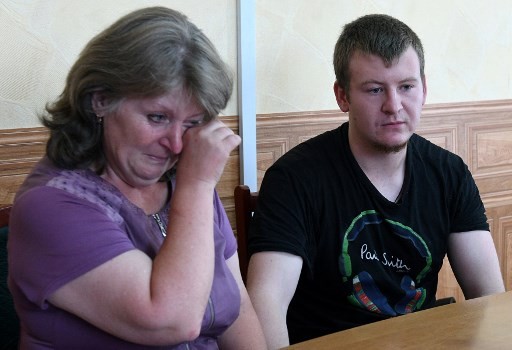Russia has responded to Ukraine’s expulsion of 13 diplomats with nominal symmetry, but brutal precision, targeting both Moscow and the consulate in Rostov where many of Russia’s politically-motivated trials of Ukrainians are held. Rostov also borders areas of Donbas under Kremlin-backed separatist control, and Russia would doubtless prefer as few Ukrainian eyes as possible monitoring its regular flow of fighters, military equipment and arms across the border.
In commenting on the expulsions, Iryna Herashchenko, the President’s Humanitarian Envoy to the Minsk negotiations, wrote that the families of several political prisoners had already contacted her, anxious that consular support for the prisoners might be affected. She is adamant that the consular staff will continue to be present at all hearings and visit the men, and also promises that a department for providing support to the families of political prisoners within the Ministry for Occupied Territories will shortly begin functioning. Not all are so upbeat about the likelihood of this happening in the near future, however, there is at least movement in that direction, and a draft bill has just been tabled in parliament.



